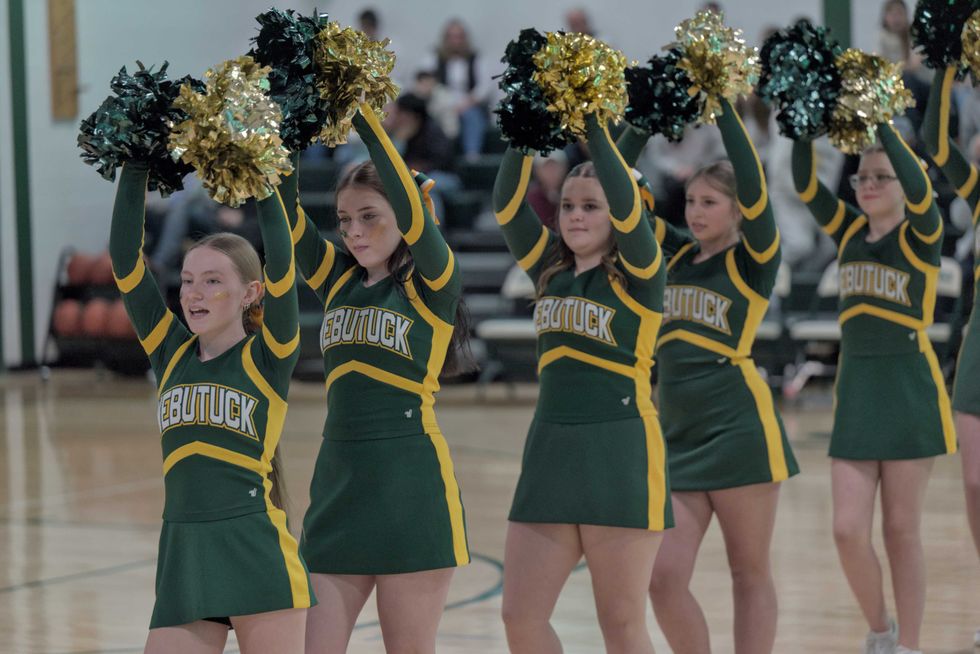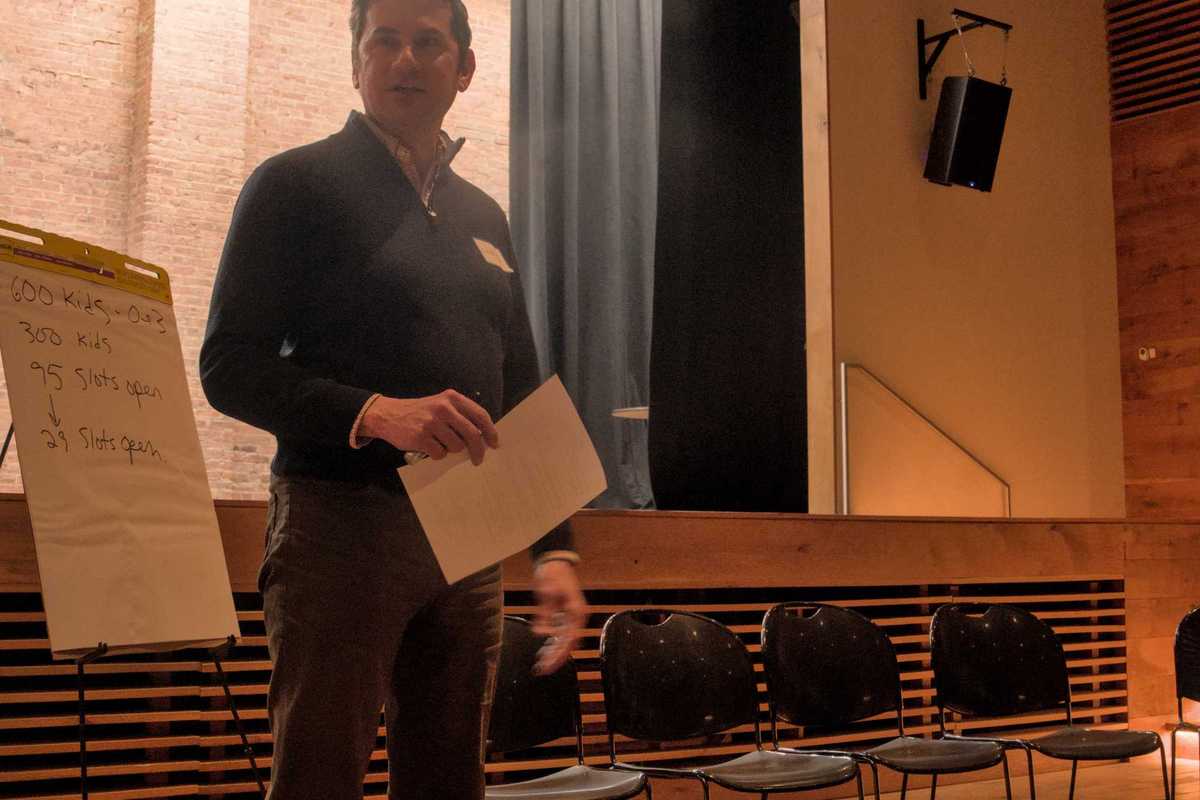Dear EarthTalk: Is it really bad for the planet to upgrade my phone every two years?
– A.J., Darien, CT
Smartphones have certainly become ubiquitous, with some 85% of Americans and 67% of adults worldwide possessing one. Manufacturers sell almost 1.5 billion of them per year. And every year these manufacturers come out with upgraded models to lure customers into trading in their old models to get the latest technology at their fingertips. According to the Consumer Electronic Association the average lifespan of a smartphone is 4.7 years, but the average American user replaces their smartphone within three years. This can be, in part, attributed to planned obsolescence by manufacturers. As new smartphones are manufactured, new software updates accompany them; these updates can lead to older phones becoming unusable if they do not have the capacity to accommodate the new software.
Regarding pollution created by the industry, 95% of emissions come from the production phase. A culture that requires constant replacements results in ongoing growth of manufacturing emissions. In addition, continuously replacing phones creates e-waste in the form of the phones themselves. In 2019, 50 million tons of waste came from smartphones, which constitute about 10 percent of e-waste globally.
One way to combat e-waste is to recycle. However, according to the World Economic Forum, only about 20 percent of global e-waste is recycled. The Basel Action Network used radio tracking to verify where shipments of e-waste were sent. They found that nearly 40% of e-waste from the United States was exported illegally to developing nations where it was unsafely processed or even burned in the open air.
There are steps manufacturers can take to alleviate the environmental burden, one being to introduce “repairable” phones. Currently manufacturers hamper smartphone repair with very high repair prices and restricting third parties from having access to the needed parts. Europe is leading the charge on embracing a circular economy surrounding smartphones that encourages repairs, refurbishments and upgrades instead of replacement. Various European countries have instituted programs to address the problem. France maintains a publicly accessible phone repairability index to help consumers there make smart choices about their smartphone purchases. Meanwhile, Sweden and Austria both offer financial incentives for device repairs to encourage fixing instead of junking old smartphones and other electronics.
Whether or not such programs exist in your neck of the woods, you can be part of the solution by simply waiting longer to upgrade your phone, which will help reduce the demand on production while lowering your environmental footprint. While it may not seem like much at first glance, keeping your phone for an extra year can reduce your lifetime device usage by 25%. When it is finally time to get a new phone, an eco-conscious consumer can turn to companies like Fairphone and SHIFT that offer easily changeable parts and support software upgrades throughout the phone’s lifespan.
EarthTalk® is produced by Roddy Scheer & Doug Moss for the 501(c)3 nonprofit EarthTalk. See more at https://emagazine.com. Send questions to: question@earthtalk.org.

















 Local parents, child care providers and nonprofit representatives outline the challenges they face in accessing and providing childcare in rural northeast Dutchess County during a forum at the Stissing Center in Pine Plains on Wednesday, Feb. 25. Photo by Nathan Miller
Local parents, child care providers and nonprofit representatives outline the challenges they face in accessing and providing childcare in rural northeast Dutchess County during a forum at the Stissing Center in Pine Plains on Wednesday, Feb. 25. Photo by Nathan Miller 


 lakevillejournal.com
lakevillejournal.com 




 Visitors consider Norman Rockwell’s paintings on Civil Rights for Look Magazine, “New Kids in the Neighborhood” (1967) and “The Problem We All Live With” (1963.) L. Tomaino
Visitors consider Norman Rockwell’s paintings on Civil Rights for Look Magazine, “New Kids in the Neighborhood” (1967) and “The Problem We All Live With” (1963.) L. Tomaino





Is it really bad for the planet to upgrade my phone every two years?